Advantages and Challenges of Group Language Learning at Cambridge School of English

Learning foreign languages involves more than just memorizing vocabulary and grammar; it also requires the ability to communicate in real-life situations. One effective approach to achieving this goal is through group language learning. What are the advantages and challenges associated with this approach?
Advantages and Challenges of Foreign Language Group Learning
- Mutual Support and Motivation in Foreign Language Learning
Learning in a group creates an atmosphere of mutual motivation and support. Participants encourage each other to actively participate in foreign language classes, share their achievements, and overcome difficulties. This fosters a strong bond among participants.
- Group Foreign Language Courses for All Ages
A language learning group typically consists of individuals from different age groups, backgrounds, cultures, and experiences. This diversity opens up new perspectives and allows for the exchange of varied viewpoints, enriching the learning process with an intercultural aspect.
- Practical Communication Exercises in a Foreign Language
Group language learning enables participants to engage in practical communication exercises. Through conversations, discussions, or even language games, students have the opportunity to apply their acquired knowledge in practice, accelerating language mastery in real-life situations.
Advantages of participating group langauge courses in a language school online
1. Mutual Support and Motivation
One of the standout advantages of participating in language group courses is the sense of mutual support and motivation that permeates the learning environment. In a group setting, learners encourage each other, celebrate successes, and collectively overcome challenges. This camaraderie creates a positive atmosphere that fosters engagement and perseverance.
Group dynamics contribute to a shared commitment to language learning, with participants actively involved in discussions, collaborative projects, and language games. The encouragement from peers becomes a driving force, inspiring individuals to push their boundaries and make consistent progress.
2. Diverse Perspectives and Cultural Exchange
Language group courses bring together individuals from various backgrounds, age groups, and cultures. This diversity injects a unique richness into the learning experience. Participants are exposed to different accents, cultural nuances, and varied ways of expression, mirroring the real-world scenarios they may encounter when using the language in practical settings.
Interacting with classmates from diverse backgrounds opens up new perspectives and broadens cultural understanding. The exchange of ideas and experiences becomes an integral part of the learning process, enriching language acquisition with a tapestry of intercultural insights.
3. Practical Communication Skills Development
Effective communication lies at the heart of language learning. Group courses provide a platform for practical communication exercises that go beyond textbook scenarios. Through discussions, role-playing, and interactive activities, learners get the opportunity to apply their language skills in authentic situations.
Engaging in real-life conversations within the safety of a group setting builds confidence and fluency. Practical communication exercises enable participants to navigate everyday situations, making the language learning process more relevant and applicable to their daily lives.
4. Positive Peer Pressure and Accountability
The positive peer pressure within a group can be a powerful motivator. Knowing that others are progressing and actively participating in the learning process encourages individuals to stay committed and accountable. The friendly competition within the group creates a healthy learning environment, driving each member to strive for improvement.
5. Tailored Learning Environments
Group courses often cater to participants of different proficiency levels. This allows for a more tailored learning experience, where individuals can benefit from the collective knowledge of the group while receiving targeted support for their specific needs. Peer tutoring and collaborative learning activities further enhance the overall effectiveness of the group dynamic.
Group learning insights in a language school
Studies conducted at the University of Cambridge suggest that students learning in a group often exhibit higher levels of motivation than those learning individually. The group dynamics in foreign language learning, mutual support, and positive competition contribute to students’ engagement in the learning process.
Group foreign language learning is an interesting and effective method for developing language skills. However, to fully leverage the potential of this approach, it is crucial for the teacher to adeptly manage the group, adapting to individual differences while fostering an atmosphere of collaboration and mutual motivation. Striking a balance between individual and group learning is essential for every participant to reap the full benefits.




